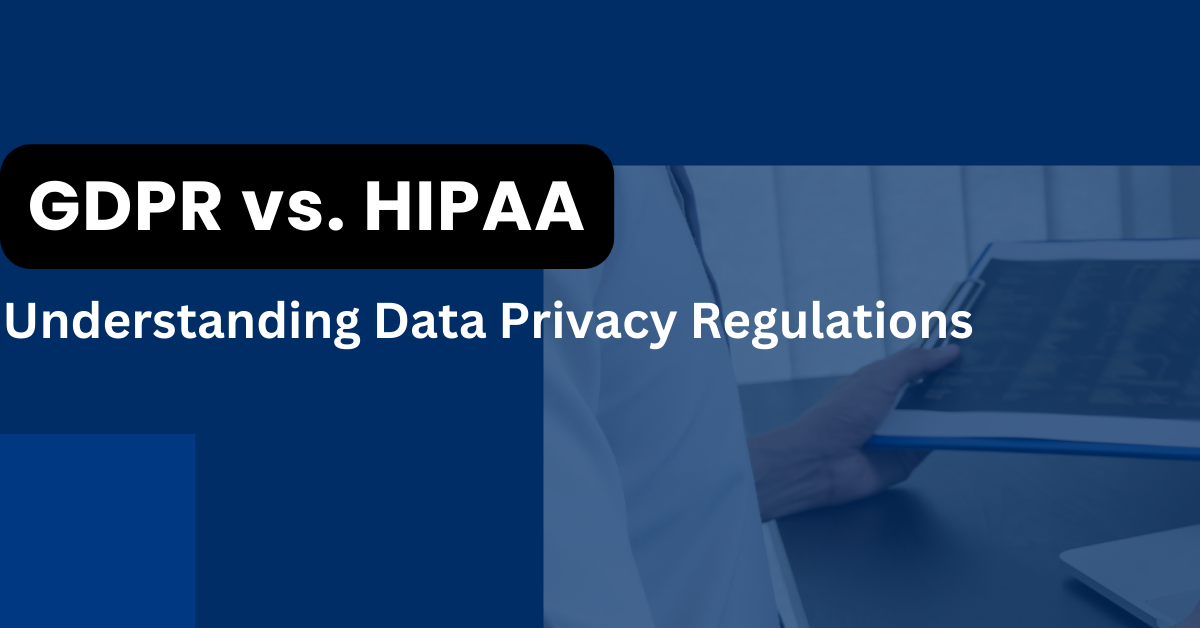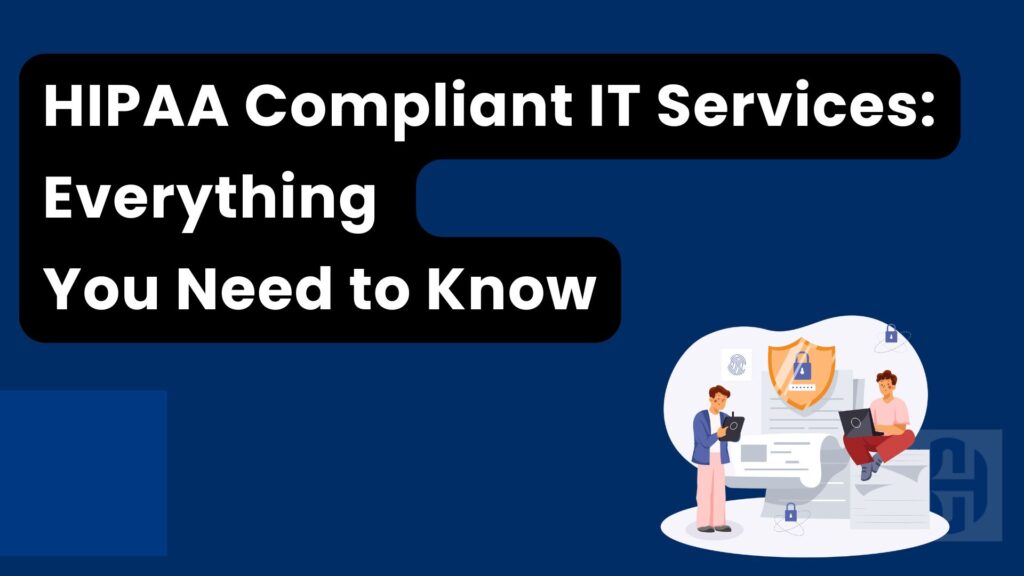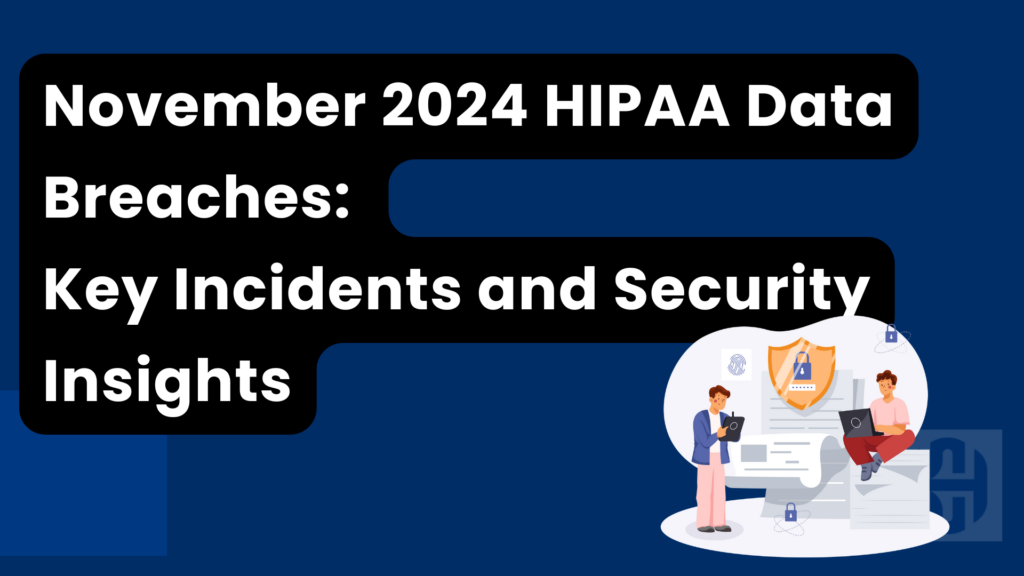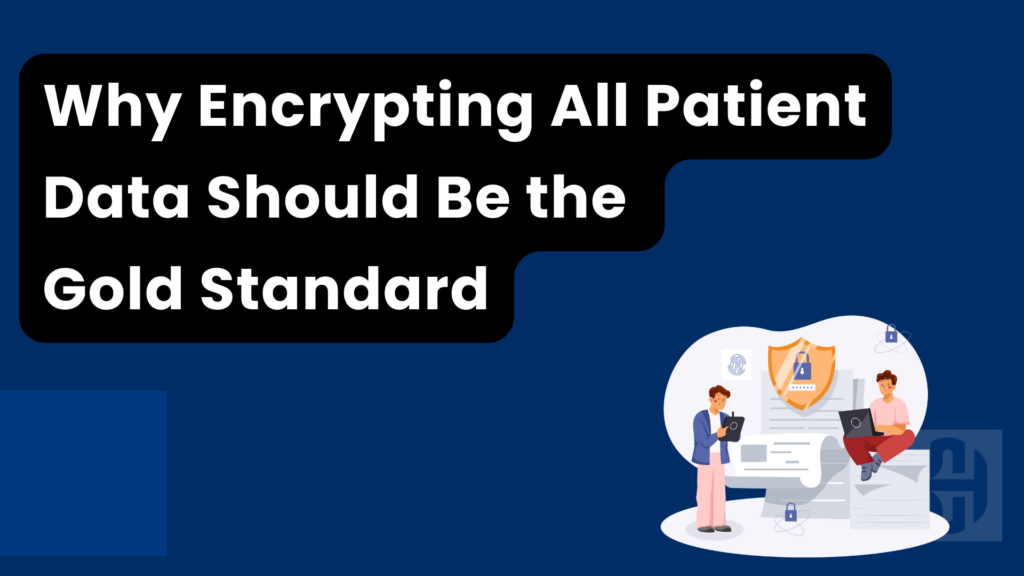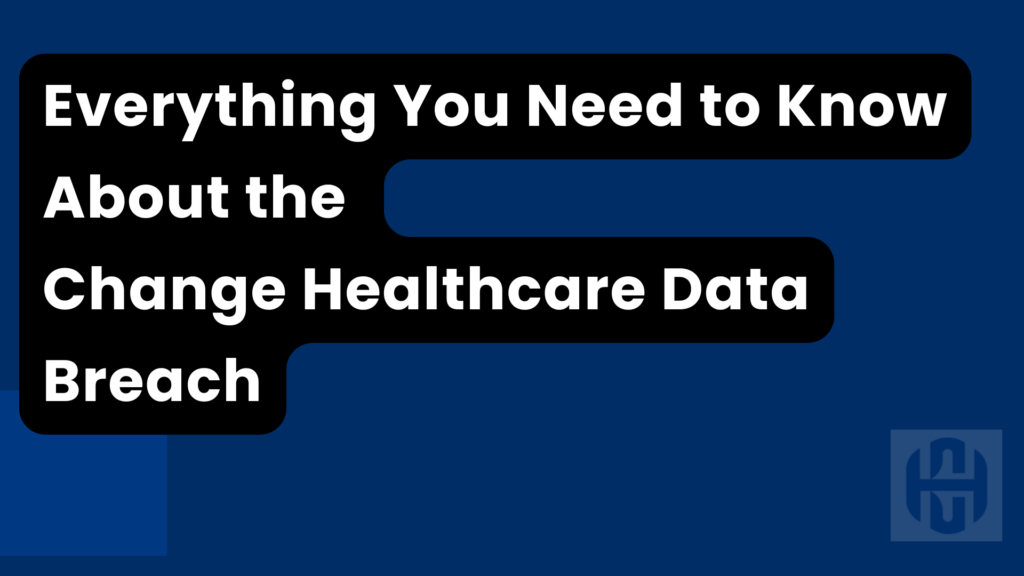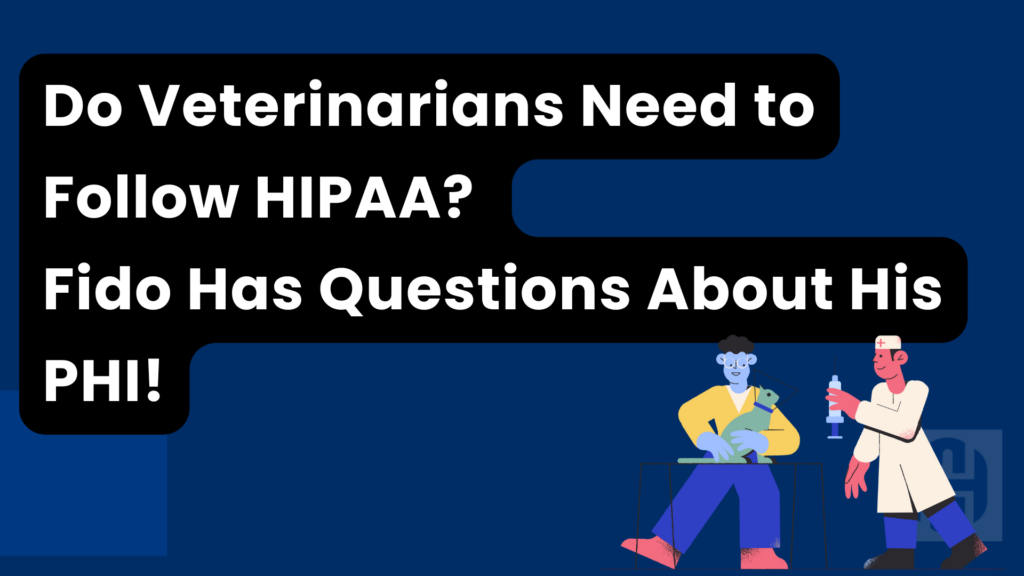Introduction
In today’s digital age, data privacy and protection have become crucial concerns for individuals and organizations alike. The General Data Protection Regulation (GDPR), implemented by the European Union, and the Health Insurance Portability and Accountability Act (HIPAA) in the United States, are two of the most significant legislative acts in data protection. This article delves into what GDPR is, its key components, the roles involved, the rights it grants individuals, how organizations can ensure compliance, and a comparison between GDPR and HIPAA.
What is GDPR?
The General Data Protection Regulation (GDPR) is a legal framework that sets guidelines for the collection and processing of personal information of individuals within the European Union (EU). Enforced on May 25, 2018, GDPR aims to give individuals greater control over their personal data and simplify the regulatory environment for international business by unifying the regulation within the EU.
Key Components of GDPR
Data Protection Principles
GDPR outlines several key principles that organizations must adhere to when processing personal data:
- Lawfulness, Fairness, and Transparency: Data must be processed lawfully, fairly, and transparently.
- Purpose Limitation: Data should be collected for specified, explicit, and legitimate purposes and not further processed in a manner that is incompatible with those purposes.
- Data Minimization: Data collected should be adequate, relevant, and limited to what is necessary.
- Accuracy: Personal data must be accurate and, where necessary, kept up to date.
- Storage Limitation: Data should be kept in a form that permits identification of data subjects for no longer than necessary.
- Integrity and Confidentiality: Data must be processed in a manner that ensures appropriate security.
- Accountability: The data controller is responsible for, and must be able to demonstrate, compliance with these principles.
Roles in GDPR
GDPR defines several key roles with specific responsibilities to ensure data protection. Understanding these roles is crucial for compliance.
Data Subject
The data subject is any individual whose personal data is being collected, held, or processed. For example, a customer whose data is handled by HIPAA Certify is a data subject. They have rights under GDPR, such as access to their data, correction of inaccuracies, and the right to be forgotten.
Data Controller
The data controller determines the purposes and means of processing personal data. HIPAA Certify, when managing customer records, acts as a data controller. Controllers must ensure data processing complies with GDPR principles and protect the rights of data subjects.
Example: An online service provider (data controller) collects user information for account creation and management.
Data Processor
The data processor processes data on behalf of the data controller. This could include tasks like data storage, processing transactions, or managing databases. HIPAA Certify might use a third-party service to handle customer data, making that service a data processor.
Example: A cloud service provider (data processor) stores customer data for a business.
Data Protection Officer (DPO)
The DPO is responsible for overseeing data protection strategy and ensuring compliance with GDPR requirements. They act as a point of contact between the organization, regulatory authorities, and data subjects.
Example: A company appoints a DPO to monitor compliance with GDPR, conduct training, and manage data protection strategies.
Rights of Individuals
GDPR grants individuals several rights regarding their personal data:
- Right to Access: Individuals have the right to access their personal data and information about how it is being processed.
- Right to Rectification: Individuals can request the correction of inaccurate or incomplete data.
- Right to Erasure (Right to be Forgotten): Individuals can request the deletion of their personal data under certain conditions.
- Right to Restrict Processing: Individuals can request the restriction of their data processing under specific circumstances.
- Right to Data Portability: Individuals can request to receive their data in a structured, commonly used format and have the right to transmit it to another controller.
- Right to Object: Individuals can object to the processing of their data for direct marketing, scientific or historical research, or statistical purposes.
- Rights Related to Automated Decision Making: Individuals have the right not to be subject to decisions based solely on automated processing, including profiling.
Obligations for Organizations
Organizations that process personal data must comply with several obligations under GDPR:
- Data Protection Officer (DPO): Organizations must appoint a DPO if they process large amounts of sensitive data or data related to criminal convictions and offenses.
- Data Breach Notification: Organizations must notify the relevant supervisory authority of a data breach within 72 hours and communicate the breach to affected individuals without undue delay.
- Data Protection Impact Assessments (DPIAs): Organizations must conduct DPIAs for processing activities that are likely to result in high risks to individuals’ rights and freedoms.
- Record Keeping: Organizations must maintain records of processing activities, including the purposes of processing and descriptions of data categories.
Ensuring GDPR Compliance
Conduct a Data Audit
Perform a thorough audit of the personal data your organization collects, processes, and stores. Identify the data sources, purposes of processing, and data sharing practices.
Implement Data Protection Policies
Develop and implement comprehensive data protection policies that align with GDPR principles. Ensure that all employees are aware of and adhere to these policies.
Appoint a Data Protection Officer
If required, appoint a Data Protection Officer (DPO) to oversee data protection activities and ensure GDPR compliance. The DPO should have expertise in data protection laws and practices.
Ensure Data Subject Rights
Implement processes to facilitate individuals’ rights under GDPR. This includes mechanisms for data access, rectification, erasure, and portability requests.
Conduct Data Protection Impact Assessments
For processing activities that may pose high risks, conduct Data Protection Impact Assessments (DPIAs) to identify and mitigate potential privacy risks.
Implement Technical and Organizational Measures
Adopt appropriate technical and organizational measures to ensure data security, such as encryption, pseudonymization, and access controls.
Prepare for Data Breaches
Develop a data breach response plan that outlines the steps to be taken in the event of a breach. This includes notification procedures and remediation measures.
The Role of Technology in GDPR Compliance
Data Management Platforms
Utilize data management platforms to centralize and streamline data processing activities. These platforms can help track data flows, manage consent, and ensure compliance with data protection policies.
Encryption and Anonymization Tools
Implement encryption and anonymization tools to protect personal data from unauthorized access. These tools can help ensure data confidentiality and reduce the risk of data breaches.
Monitoring and Reporting Tools
Deploy monitoring and reporting tools to detect and respond to potential data breaches and compliance issues. These tools can provide real-time alerts and generate compliance reports.
GDPR vs. HIPAA: A Comparison
While GDPR and HIPAA both aim to protect personal data, they have different scopes, requirements, and applications.
Scope and Applicability
- GDPR: Applies to all organizations processing personal data of individuals within the EU, regardless of the organization’s location.
- HIPAA: Applies to covered entities (healthcare providers, health plans, and healthcare clearinghouses) and their business associates in the United States.
Data Protection Principles
- GDPR: Enforces principles like lawfulness, fairness, transparency, data minimization, and accountability.
- HIPAA: Focuses on safeguarding protected health information (PHI) with privacy and security rules, emphasizing confidentiality, integrity, and availability.
Individual Rights
- GDPR: Provides extensive rights to individuals, including access, rectification, erasure, restriction, portability, and objection.
- HIPAA: Grants rights to individuals to access and amend their PHI, but does not include rights like data portability or the right to be forgotten.
Breach Notification
- GDPR: Requires notification of data breaches to supervisory authorities within 72 hours and communication to affected individuals without undue delay.
- HIPAA: Requires notification of breaches to the Department of Health and Human Services (HHS) and affected individuals within 60 days.
Penalties for Non-Compliance
- GDPR: Allows for fines up to €20 million or 4% of annual global turnover, whichever is higher.
- HIPAA: Imposes fines ranging from $100 to $50,000 per violation, with a maximum annual penalty of $1.5 million for repeated violations.
Impact of GDPR on Businesses
Enhanced Data Protection Practices
GDPR has driven organizations to adopt more robust data protection practices, enhancing the overall security of personal data. This has led to increased trust and confidence among consumers.
Increased Regulatory Scrutiny
Organizations must be prepared for increased regulatory scrutiny and potential penalties for non-compliance. GDPR empowers supervisory authorities to impose significant fines for violations.
Global Influence
GDPR has influenced data protection regulations worldwide, leading to the adoption of similar laws in other regions. Organizations operating internationally must navigate a complex landscape of data protection laws.
Conclusion
GDPR represents a significant step forward in protecting personal data and ensuring individuals’ privacy rights. By understanding and complying with GDPR requirements, organizations can enhance their data protection practices, build trust with consumers, and avoid regulatory penalties. As data privacy continues to evolve, staying informed and proactive in data protection efforts is essential for success in the digital age.
HIPAA Certify is dedicated to helping organizations navigate the complexities of GDPR and HIPAA compliance. Our expert consulting services, advanced security solutions, and comprehensive training programs ensure that your organization remains compliant and your data secure. Contact HIPAA Certify today to learn how we can help protect your data and maintain the highest standards of data protection.
